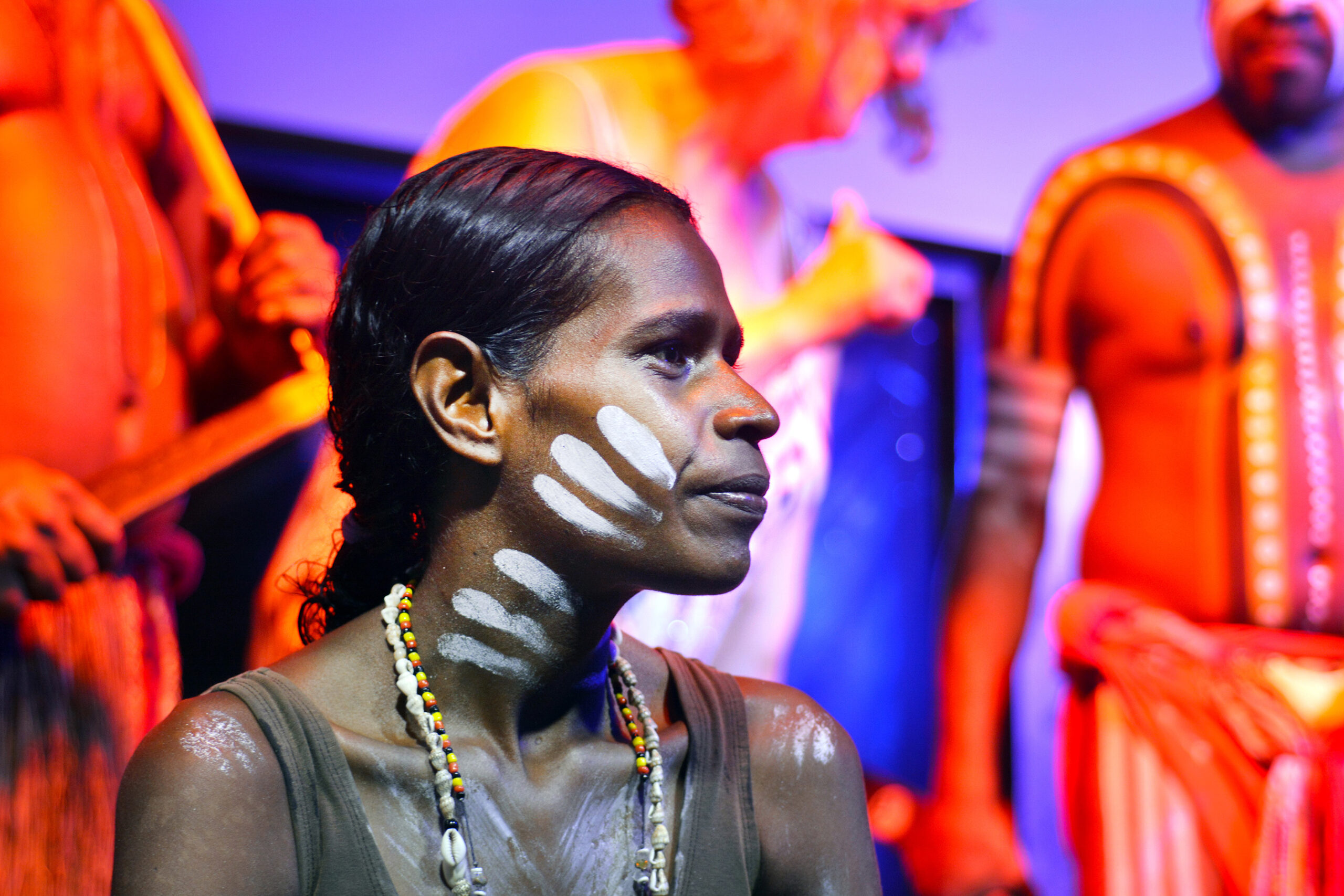National Reconciliation Week (NRW) allows Australia to pause, reflect, and facilitate greater understandings of our shared histories, cultures, and achievements. Between 27 May to 3 June, NRW provides a platform for a collective exploration of how we can all contribute to achieving reconciliation in Australia.
According to Reconciliation Australia, reconciliation is fundamentally viewed as striving for strengthened relationships between Aboriginal and Torres Strait Islander peoples and non-Indigenous peoples. For Aboriginal and Torres Strait Islander peoples, Australia’s colonial past is characterised by devastating land dispossession, violence, and racism. Despite reconciliation efforts affecting positive change in the last 50 years, there is still more ground to be made in ensuring Australia becomes a just, equitable, and reconciled nation.
As a nation, there is still room to grow towards complete reconciliation, which Reconciliation Australia base on five dimensions: historical acceptance, race relations, equality and equity, institutional integrity, and unity.
All five do not exist on an island. They are interrelated, and to achieve reconciliation, all five must be intertwined. Improvement in one dimension will, by extension, facilitate improvement in other dimensions.
Key to this year’s NRW is the 2025 theme: Bridging Now to Next. This theme calls on everyone to reflect on the ongoing connection between past, present, and future, and step towards a more reconciled future together. The theme encourages the nation to use past lessons to propel us towards this future.
This year also marks a quarter of a century since Corroboree 2000, which united Aboriginal and Torres Strait Islander and non-Indigenous leaders to call for reconciliation. This year’s NRW theme draws on that monumental event to inspire the current generation to work towards an increasingly united and respectful nation.
Not only will 2025’s National Reconciliation Week mark 25 years since Corroboree 2000, but it will also commemorate two significant milestones in the reconciliation journey – the 1967 referendum and the High Court’s Mabo decision.
How Does the ACA Strive For Reconciliation?
One of the ACA’s significant initiatives in the pursuit of reconciliation has been the establishment of a Reconciliation Action Plan (RAP). At the end of last year, the two-year Innovate RAP plan was completed. Not all actions and deliverables were completed, but due to the aspirational or long-term timeframes required to embed these items, this outcome was expected. Moving forward, those unmet deliverables remain a key part of the ACA’s reconciliation future and will be incorporated into the next plan, set for development throughout 2025. The ACA has committed to working closely with Reconciliation Australia to develop our next and continue advancing reconciliation within the organisation.
Across both 2024 and this year, the activity of ARRPN has intuitively aligned with the 2025 National Reconciliation Week theme, Bridging Now to Next. Several key focuses will drive our activities moving forward, including the continued development of cultural awareness training for this year’s annual conference and the development of the ‘next’ – an innovation of the training aiming to accommodate localised learning, delivering, and experience.
Moreover, a project to develop research guidelines and information resources for utilisation in chiropractic research has been undertaken. Aligning with NHRMC and research community expectations, we aim to educate and facilitate future research in this space.
At the ACA, we are proud early adopters of a RAP and cultural awareness training and remain confident that cultural awareness or sensitivity training will be expected of all health practitioners in the future.
Chair of the ARRPN, Dr Joan van Rotterdam, says, “Closing the Gap in healthcare for Aboriginal and Torres Strait Islander people is a major consideration” of the interest group.
“We work in collaboration with Hands on Health Australia (HoHA), the University chiropractic courses, and the Australian Chiropractic College to promote good health for Aboriginal and Torres Strait Islander people.”
In addition to this, work with the Koori Knockout, held annually in NSW over the October long weekend, Queensland’s Murray Knockout, and the Fitzroy Stars in Melbourne, allows chiropractic students to gain first-hand opportunities to meet and treat Aboriginal and Torres Strait Islanders.
The ACA thanks the ARRPN Committee, Board, staff, and members who have supported and contributed to the ACA’s RAP activity and successes over the past year.
National Reconciliation Week provides chiropractors and healthcare providers alike with a chance to reflect on the impact colonisation has had and continues to have on the health of Aboriginal and Torres Strait Islanders. Further, NRW serves as a reminder of the importance of cultural competency in delivering equitable.
Through adopting the principles of reconciliation within their practices, members can contribute to the broader effort of closing the health gap and fostering holistic wellbeing for all Australians.
